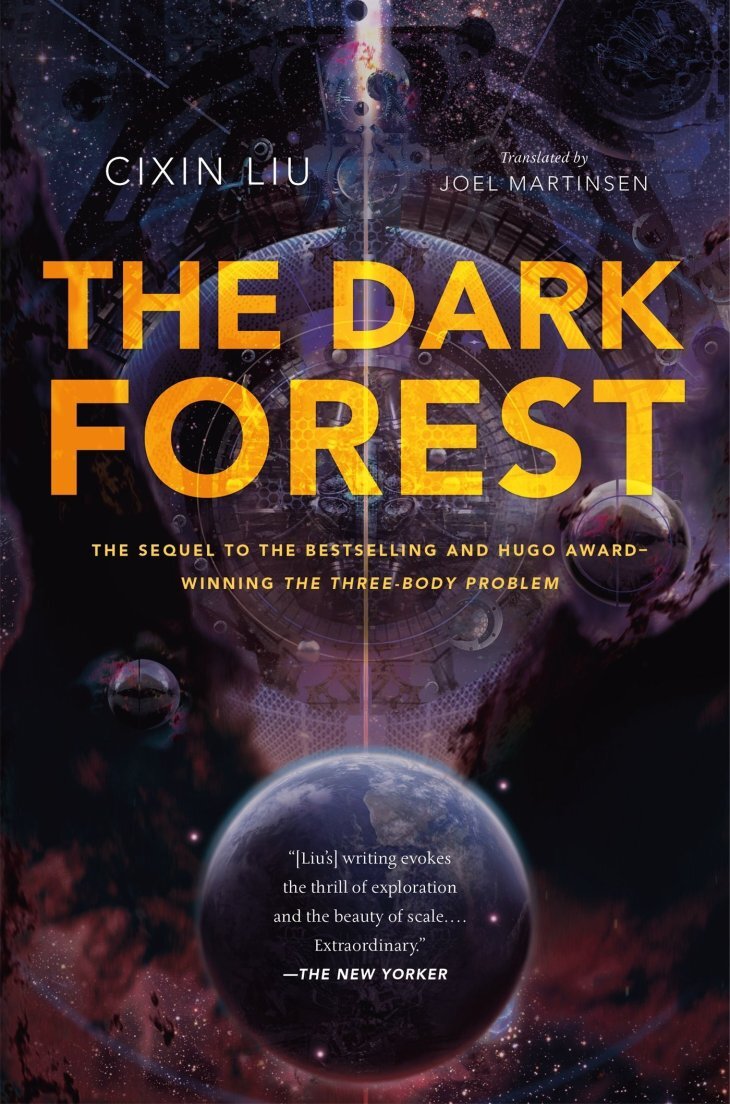I can’t remember where or why I came across this The Corpse Walker, except that I was in an oral history mood and wanted to read something about China. Still, I was sufficiently unclear that when it first came in and I saw the title without the sub-title on my Holds list, I assumed it was a novel I didn’t recall requesting.
The Corpse Walker is no novel, but some of the stories are strange enough to populate one. A long-time dissident and activist in his native land, Liao Yiwu fills this book with conversations he’s had with a wide range of Chinese citizens, from beggars to counterrevolutionaries and former Red Guards to human traffickers. The sole thread uniting the subjects of his book is their status as outcasts or peripheral figures, individuals who dwell on the lowest rungs of China’s social ladder.
Other themes ripple across stories, as well, commonly injustices enacted by the Communist regime, abject failures of the legal system, and witch hunt hysteria against Rightists that made scapegoats of anyone unlucky enough to stand out even briefly. The book is not a history text, and assumes a certain level of familiarity of the reader, but nonetheless it provided a good primer on some of the mainstays of 20th century Chinese history: the Great Leap Forward, the sixties thaw, the Cultural Revolution, the One Child Policy, the Tiananmen Square Massacre. The tight focus of individual accounts lends an urgency to the telling, allowing some of the finer facets of these brutal events or policies to shine brighter.
Yiwu also allows glimpses of pre-Communist China, which seap through in the practices suprressed by the governtment: professional mourning, Feng Shui, Erhu playing and music generally, Falun Gong (actually a recent phenomenon, but harkening to an earlier age). I finished the book with a better appreciation of life in China beyond the basic stereotypes, and while I’m no expert, Liwu’s accounts gave me a glimpse I wouldn’t otherwise have managed.
The books can be classified as oral history, but Liwu actually handles them more like straight-ahead interviews, including his own prompts and reactions in the text and carrying on conversations with his subjects. Unlike a typical journalist, he makes no effort to hide his feelings, betraying indignation on behalf of injustices, and disgust with those he thinks have behaved poorly. Such subjectivity wouldn’t fly in standard journalism, but it works well here, since everything is coloured with a tinge of uncertainty. Subjects recount superstition as fact, and s omany of the tales are such blatant hard luck stories, it makes you wonder if they are shading events in their favour a bit. What’s more, Liwu didn’t generally have access to a tape recorder, and was unable always even to take notes, so all conversations are only approximations of what really occurred. Still, I believe what is written in broad strokes.
Liwu has won international accolades for his writing, but I don’t feel I can comment, since the book is almost entirely transcripts of conversations, which isn’t a proper venue for judging prose. Still, he is perfomring important work, and is undoubtedly fearless in the face of oppression. I’ll look out for more of his work, where he is able to express himself in his own words.



